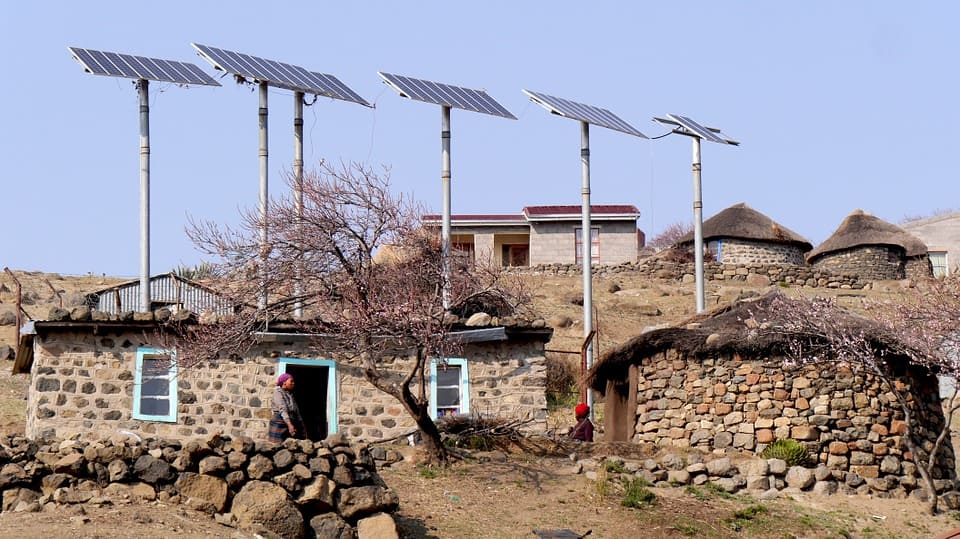The Zimbabwe Energy Regulatory Authority (ZERA) says it is lobbying Treasury to scrap value-added tax (VAT) on renewable energy products and energy-efficient merchandise.
ZERA says this could help boost the country’s power generation capacity.
For years, Zimbabweans had to contend with power shortages resulting in them experiencing longer hours of load-shedding.
The country has been struggling to produce enough power due to a number of factors including antiquated equipment prone to regular breakdowns.
Zimbabwe has one hydropower plant and four coal-fired generators that produce a total combined capacity of 2,240 megawatts (MW). Only 79.9% of the population have access to electricity.
As of 2021, Zimbabwe’s installed electricity generation capacity was approximately 2,540 MW, with about 1,400 MW coming from thermal power plants and the remainder from hydropower plants, including the Kariba Dam. The country has been failing to meet demand.
Zimbabwe’s electricity supply industry (ESI) is dominated by government owned power entities , namely the Zimbabwe Power Company (ZPC) and the Zimbabwe Electricity Transmission and Distribution Company (ZETDC).
ZPC operates and manages five power stations while ZETDC carries out the system/network operator function, operates the transmission and distribution networks and conducts trade regionally through the Southern African Power Pool (SAPP).
Some independent power producers also operate through production for own consumption or for trading.
Zwnews













